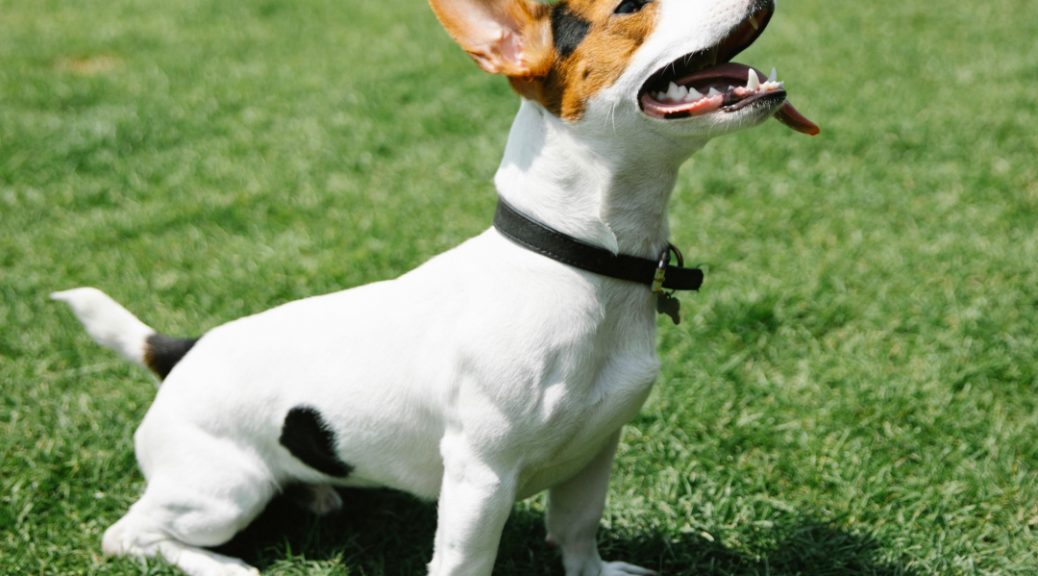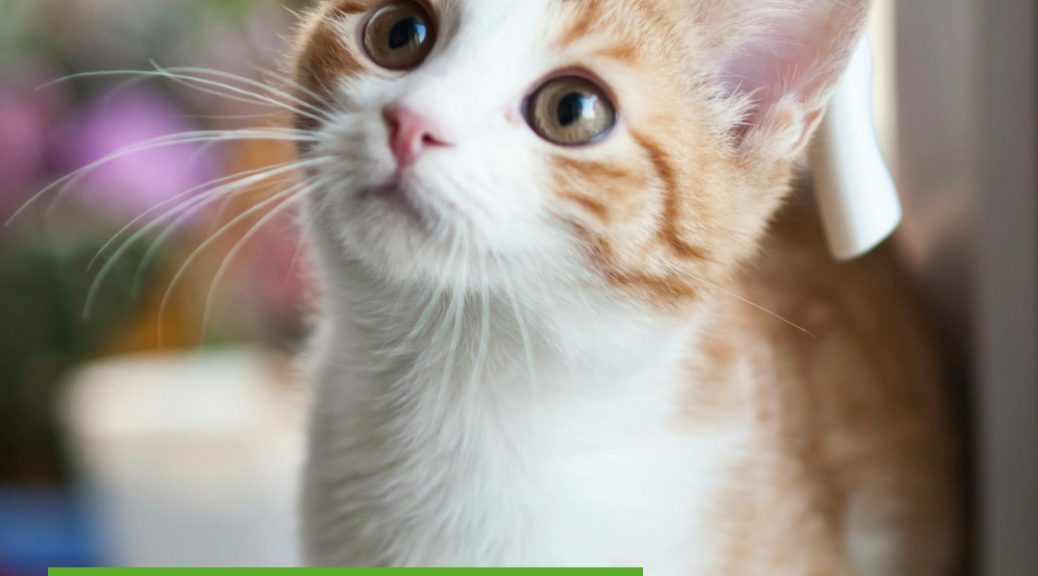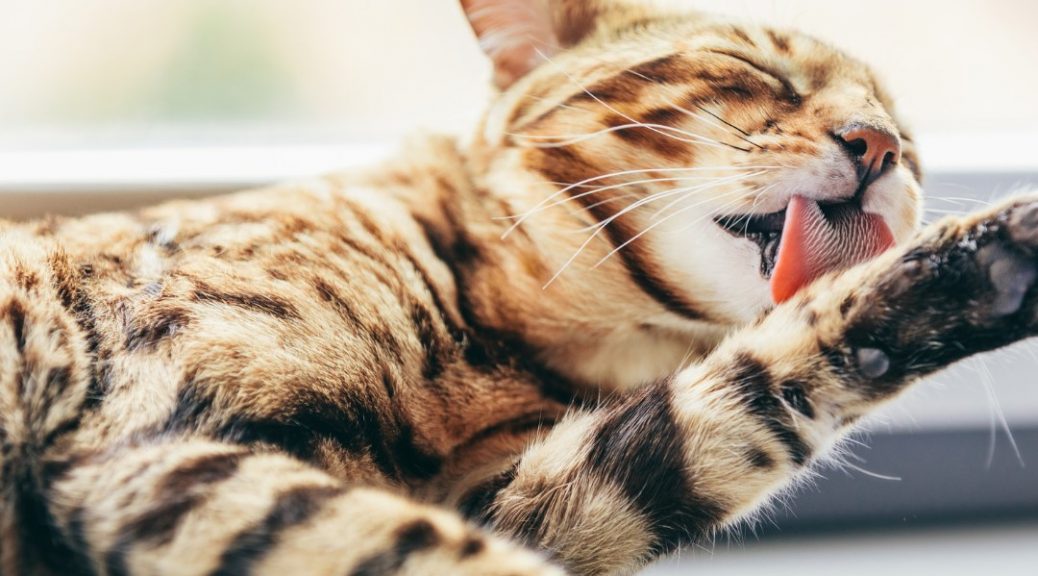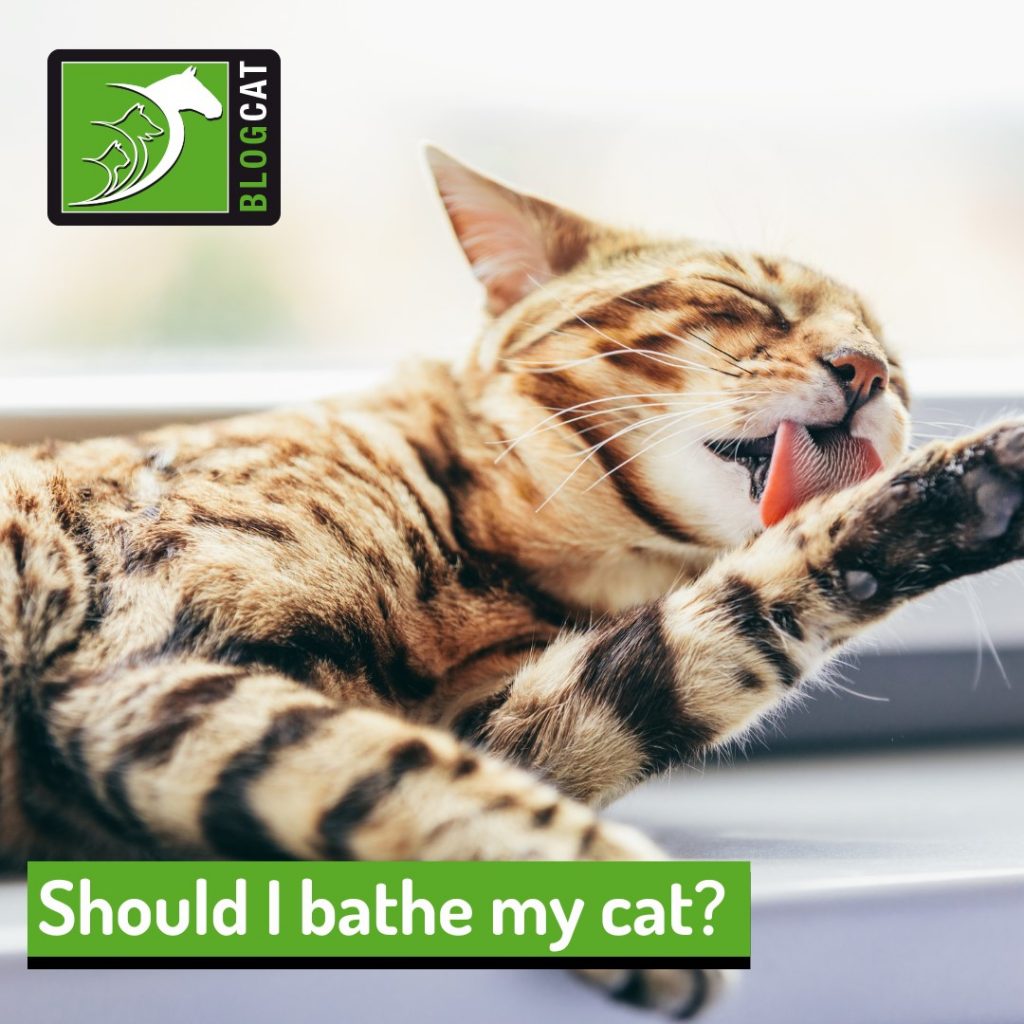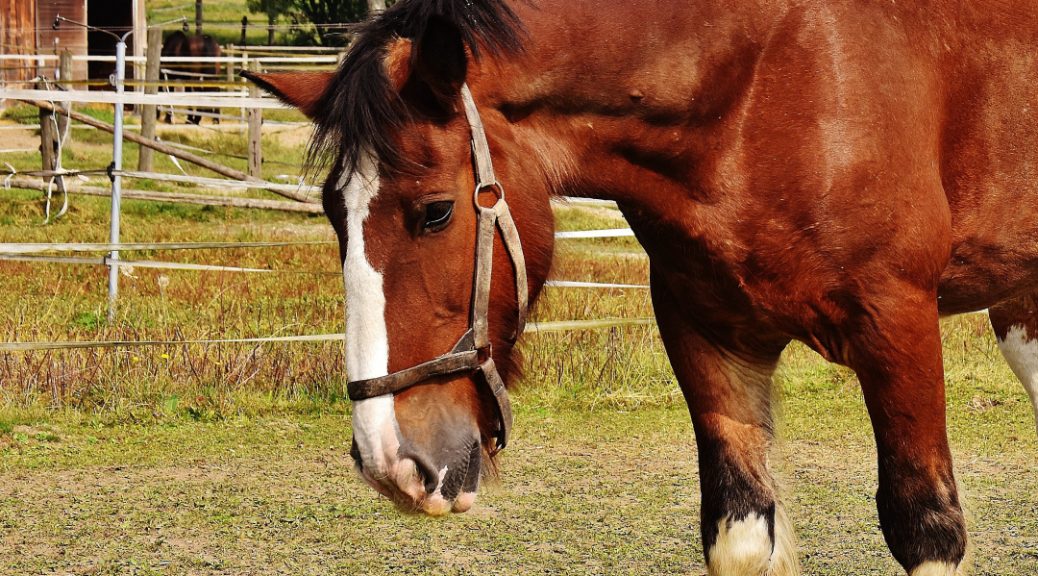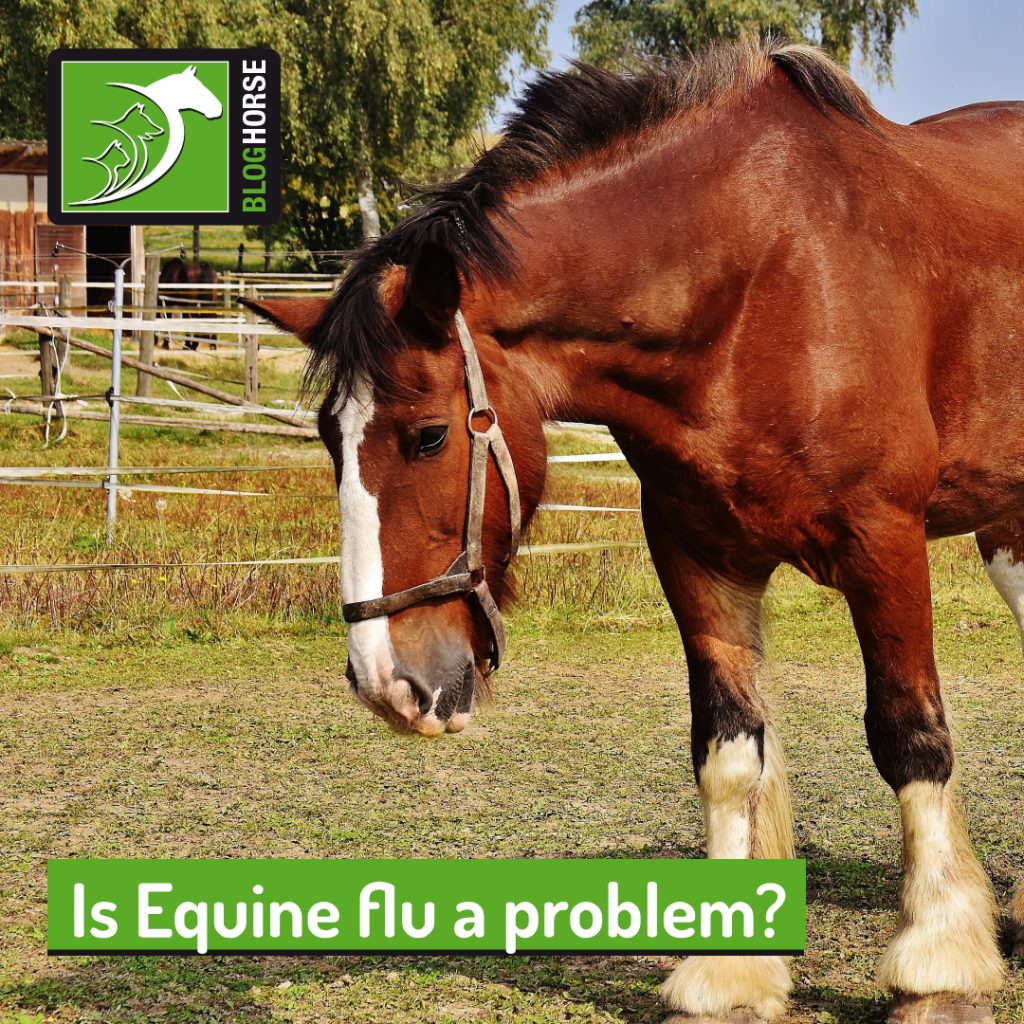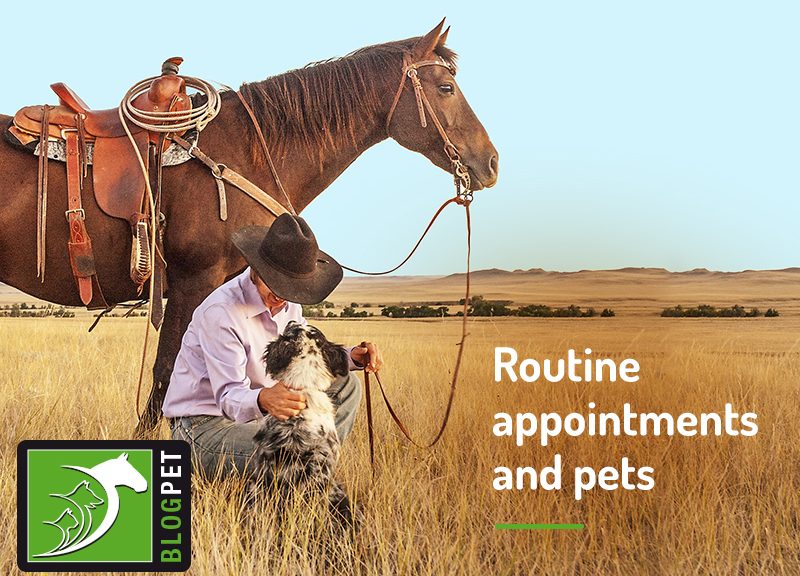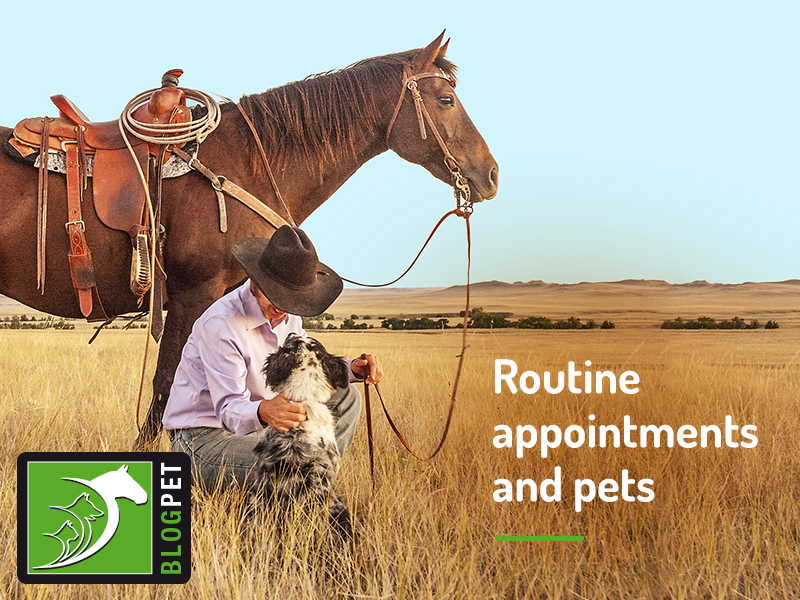Did you know that it’s not just pets in hot cars that can suffer from heatstroke?
According to a recent veterinary report, there has been a fivefold increase in heatstroke cases during June and August of 2022, with pets sadly passing away in one in four of these cases. Is this a result of global warming?
Keep reading to learn all about heatstroke, its most common signs, and how to prevent dangerous situations during warm weather.
Is heatstroke in pets common?
Heatstroke, also known as hyperthermia, occurs when the body is exposed to a high temperature for too long, and it can be dangerous for your pet’s internal organs.
Unfortunately, during warm days, there are many ways for your pet to find himself or herself in this situation. Owners often hear about dogs in hot cars and how it can be lethal in under 10 minutes, but long walks during warm weather, exposed kennels, and badly ventilated rooms can also cause a dangerous increase in body heat, even in cats or smaller mammals.
It’s critical that you be vigilant of situations where your pets might overheat, even if they seem comfortable or don’t seem to be in distress.
What are the signs of heatstroke in pets?
As we’ve mentioned, heatstroke can quickly become a serious problem and to ensure your pet has the best chance to find care in these situations, knowing the signs is essential.
Here is what you might spot:
- Panting
- Shallow, fast breathing
- Excessive drooling
- Refusing to move or collapsing
- Gums that look very red and dry
- Vomiting and diarrhoea
- Seizures
If you see any of these signs, don’t ignore them! This is particularly important for pets who are old, overweight, have breathing difficulties, or suffer from certain problems like heart or kidney diseases, as they are more likely not to be able to regulate their temperature as well as other animals.
If my pet is suffering from heatstroke, what should I do?
When you suspect your pet might be suffering from heatstroke, move him or her to a shaded, cooler area and call your vet as soon as possible!
Based on your case, they will advise you on how to proceed but will most often tell you to try and run cool (but not cold) water over his or her body, which can help reduce temperature.
After that, your vet will want to see your pet at the practice to make sure his or her body temperature is going down in a safe way and that there are no further problems that need to be treated.
In summary:
- Recent studies show there has been a fivefold increase in the number of pet heatstroke cases;
- Pets can suffer from heat problems by being trapped inside hot cars but also by being outside too long, going on long walks during the hottest hours of the day or being stuck inside a room with a high temperature;
- The most common signs are collapsing, panting, drooling and fast breathing;
- Knowing how to recognise these signs is essential to be able to help your pet before there are serious consequences!
Would you like to know more about dogs? Check our Canine Courses:
![]()
Canine courses
